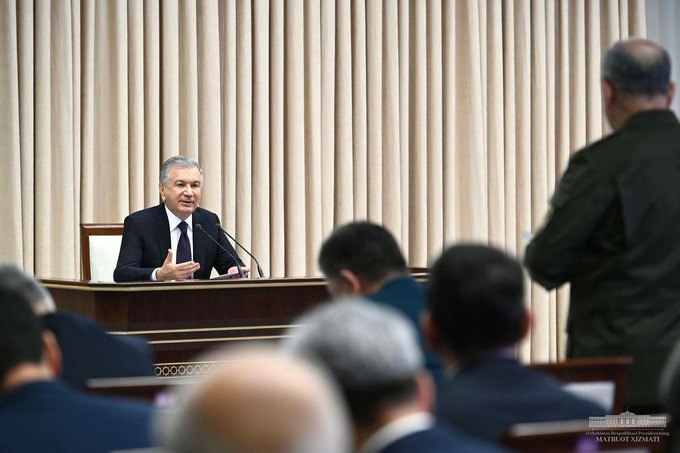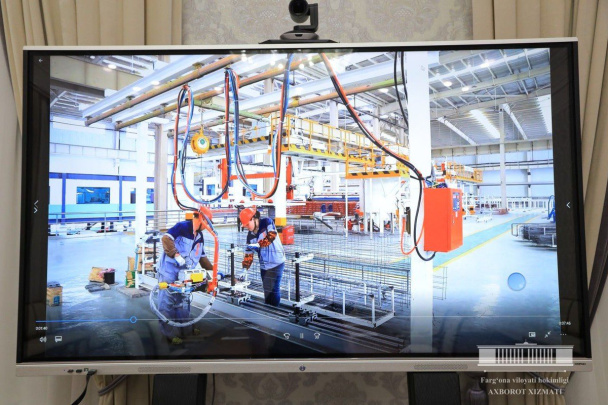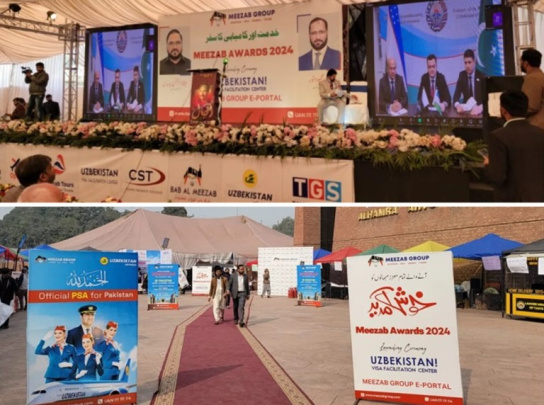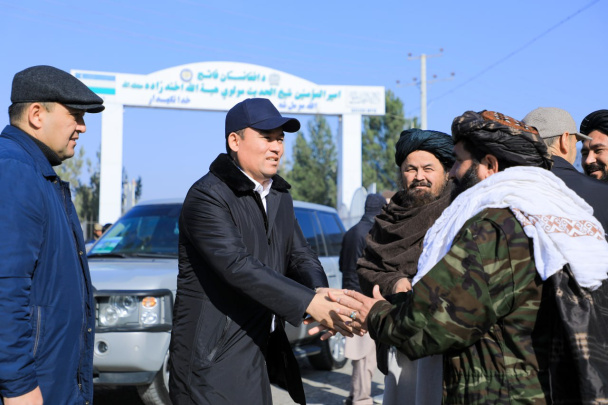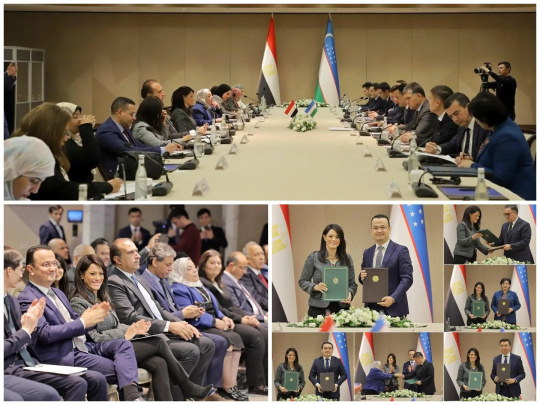On December 20, Shavkat Mirziyoyev held a meeting on the development of the IT industry in Uzbekistan.
The President drew attention to digitalization in government agencies and sectors of the economy. Industry structures have been instructed to reduce the cost of goods and services by at least 10-15% by introducing digital solutions.
One of the first tasks in this area outlined at the meeting was the completion of the digitalization of Uzbekneftegaz wells. The introduction of technologies at one gas field, Janubiy Kemachi, made it possible to reduce losses by 3% or 28 million cubic meters per year.
It was also instructed to create the ability to obtain information about air, rail, and bus schedules and schedules online. In the housing and communal services sector, the task has also been set to introduce digital control to avoid overpayments.
The President pointed out that modernization of different areas is proceeding unevenly. For example, out of 59 alcohol producing companies, 42 have not yet implemented online product accounting systems, which affects the collection of excise taxes.
The progress of work on the Digital Health system was criticized. There were delays in the launch of digital control over the operation of gas stations, the sale and use of pesticides, as well as online document flow in the Ministry of Geology, the Ministry of Internal Affairs, and the Customs Committee.
In addition, the head of state instructed to attract investments for the development of digital infrastructure. Despite plans to increase the speed of Internet connections in the regions, every third IT Park resident complained about a decrease in speed, he pointed out.
The topic of cybersecurity was highlighted separately. Over the past eleven months, about 5,500 crimes in cyberspace have been recorded in Uzbekistan, of which 70% were fraud and theft of funds from bank cards.
There are currently almost 50 payment services operating in the country, not all of which meet security requirements. The President instructed to formulate uniform requirements for fintech services and monitor their implementation.

